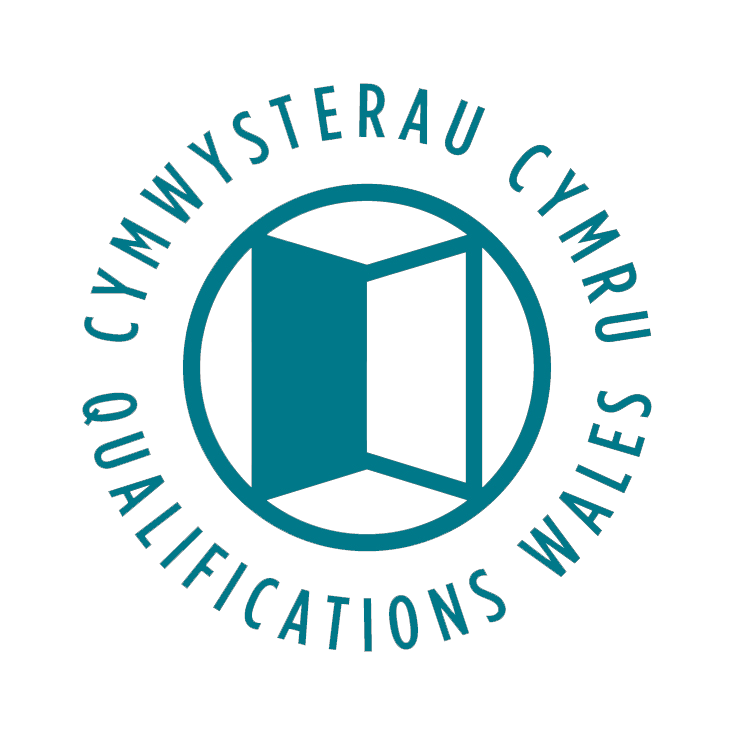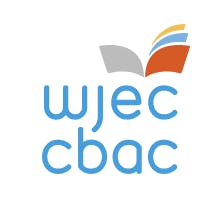TGAU / GCSE
Mae amrywiaeth o gymwysterau TGAU Gwneud-i-Gymru yn cael eu datblygu gan y corff dyfarnu, CBAC, yn dilyn cyhoeddi canfyddiadau a phenderfyniadau ymgynghoriad Cymwysterau Cymru.
Mae Llywodraeth Cymru yn parhau i gefnogi ysgolion wrth iddyn nhw gyflwyno’r Cwricwlwm i bobl ifanc 14-16 oed wrth i CBAC weithio’n agos gyda Cymwysterau Cymru i ddatblygu’r manylebau TGAU, a gaiff eu cyhoeddi erbyn Medi 2024. Cliciwch yma i gael y diweddaraf ar waith CBAC yn datblygu’r TGAU newydd.
Bydd gan ysgolion flwyddyn academaidd lawn i baratoi ar gyfer addysgu'r cymwysterau TGAU newydd fyddyn cael eu cyflwyno ym mis Medi 2025. Bydd CBAC yn darparu pecyn addysgu a dysgu o adnoddau i helpu athrawon i gyflwyno’r cymwysterau newydd.
Dilynwch y diweddariadau isod neu gofynnwch gwestiwn i ni am y cymwysterau TGAU Gwneud-i-Gymru newydd. Rydyn ni’n monitro’r wefan hon yn rheolaidd ac yn anelu at ymateb o fewn tua 3 diwrnod gwaith.
A range of new Made-for-Wales GCSEs are being developed by the awarding body, WJEC, following the announcement of Qualifications Wales’ consultation findings and decisions.
Welsh Government continue to support schools as they roll out the Curriculum to 14–16 year-olds while WJEC is working closely with Qualifications Wales to develop the GCSE specifications, which will be published by September 2024. Click here for the latest updates on WJEC’s work developing the new GCSEs.
Schools will have a full academic year to prepare for first teaching of the new GCSEs being introduced in September 2025. WJEC will provide a package of teaching and learning resources to help teachers deliver the new qualifications.
Follow the updates below or ask us a question on the new Made-for-Wales GCSEs. We regularly monitor this website and aim to respond in approximately 3 working days.
Holi ni am TGAU Gwneud-i-Gymru / Ask us about Made-for-Wales GCSEs
Gofynnwch gwestiwn i ni ynghylch ‘TGAU Gwneud-i-Gymru’. Rydym yn monitro’r wefan hon yn rheolaidd ac yn ceisio ymateb o fewn tua 3 diwrnod gwaith. Pan fyddwn yn ymateb i’ch cwestiwn, bydd yr enw a wnaethoch ddefnyddio i gofrestru ar y wefan hon yn cael ei arddangos ochr yn ochr â’ch cwestiwn a’n hymateb ni. Os byddai’n well gennych i ni ymateb yn breifat a pheidio ag arddangos eich enw, yna rhowch wybod i ni yn eich ymateb.
Ask us a question on ‘Made-for-Wales GCSEs'. We regularly monitor this website and aim to respond in approximately 3 working days. When we respond to your question, the name you used to register on this website will be displayed along side your question and our response. If you would prefer us to respond privately and not display your name, then please let us know in your response.










Thank you for your contribution!
Help us reach out to more people in the community
Share this with family and friends